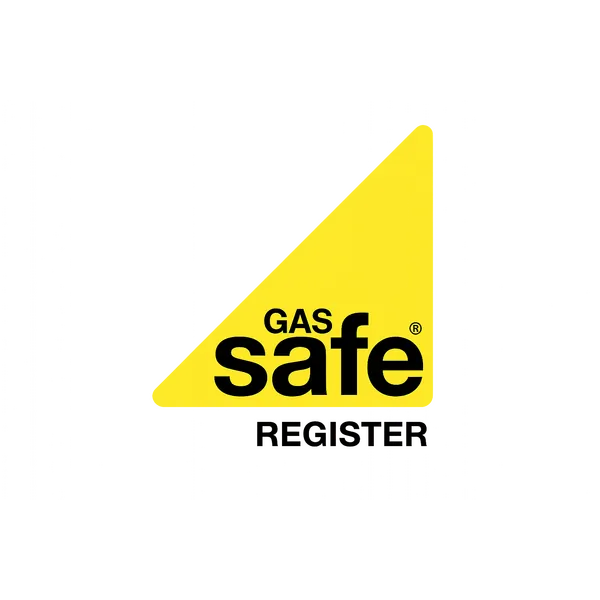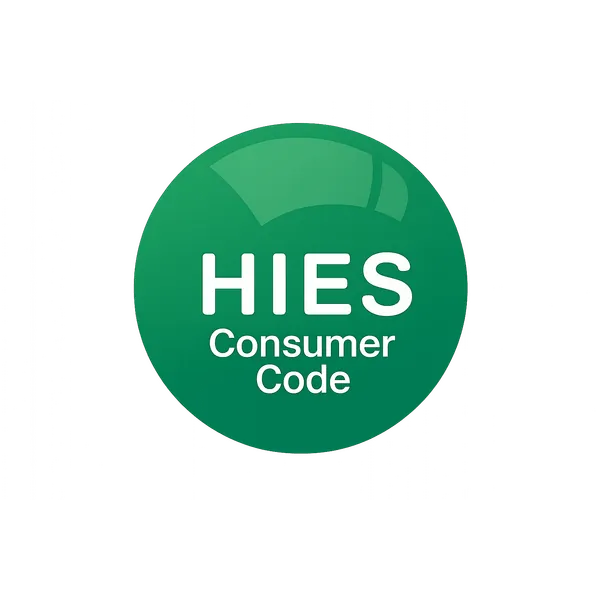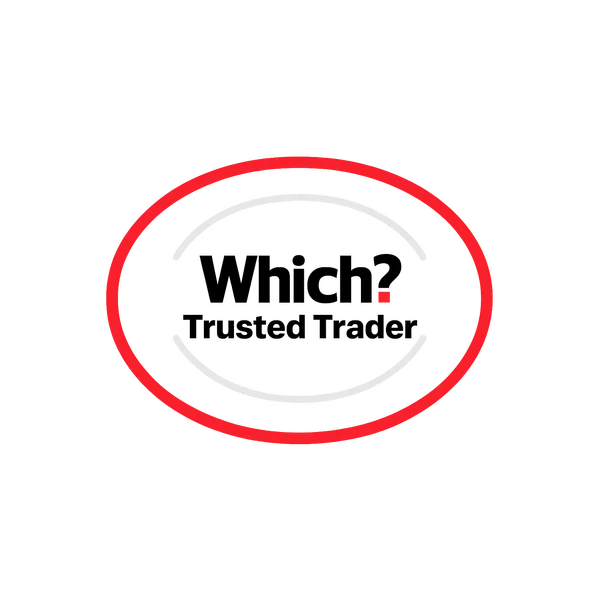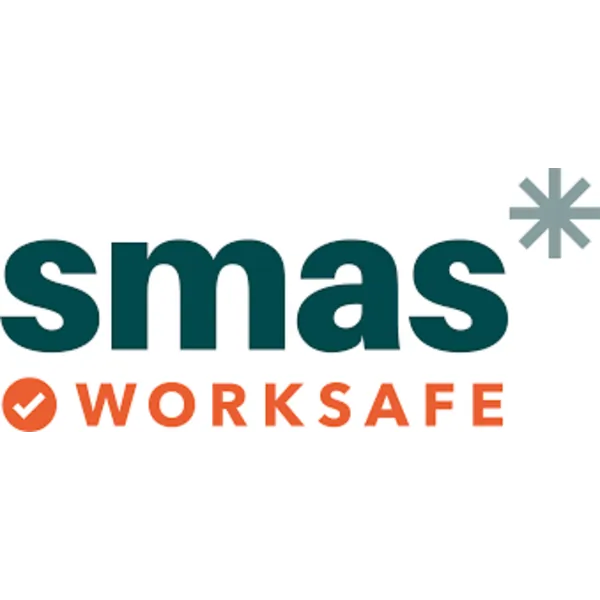Choosing the Right Ventilation System for Your Property
Proper ventilation is essential for maintaining healthy indoor air quality, preventing damp and mould issues, and ensuring occupant comfort in any property. With multiple ventilation solutions available, selecting the right system for your specific property can be challenging. In this comprehensive guide, we'll compare the main ventilation options available in the UK market and help you understand which system best suits your property's requirements.
Understanding Your Ventilation Options
Extract Ventilation Systems
Extract ventilation systems work by removing stale, moisture-laden air from key areas of your property, typically bathrooms, kitchens, and utility rooms. These systems can be either:
- Intermittent extract fans: Operate when needed, usually controlled by humidity sensors or manual switches
- Continuous mechanical extract ventilation (MEV): Run constantly at low speeds, with boost modes for high-humidity periods
Best for: Properties with existing condensation problems, rental properties requiring basic ventilation compliance, and budget-conscious installations.
Limitations: Extract-only systems don't provide fresh air supply, which can lead to negative pressure and potential draughts from uncontrolled air infiltration.
Positive Input Ventilation (PIV) Systems
PIV systems work by drawing fresh, filtered air from outside and gently distributing it throughout the property, creating positive pressure that pushes stale air out through natural ventilation paths.
Key features:
- Central unit typically installed in loft space
- Provides whole-house ventilation
- Helps prevent condensation and mould
- Low running costs
Best for: Properties suffering from condensation and mould issues, particularly those with adequate loft space and traditional construction.
Considerations: May be less effective in very airtight modern properties and can increase heating costs in winter as incoming air needs to be warmed.
Mechanical Ventilation with Heat Recovery (MVHR)
MVHR systems provide the most comprehensive ventilation solution by extracting stale air and supplying fresh air while recovering heat from the extracted air to pre-warm incoming fresh air.
Advantages:
- Maintains comfortable indoor temperatures
- Excellent energy efficiency
- Provides filtered fresh air throughout the property
- Ideal for high-airtightness properties
Best for: New builds, extensive renovations, and properties requiring high indoor air quality standards.
Limitations: Higher initial investment, requires professional design and installation, needs adequate space for ductwork.
Decentralised Ventilation Units
Decentralised systems consist of individual units installed in external walls, providing localised ventilation without extensive ductwork.
Benefits:
- Minimal disruption during installation
- Suitable for room-by-room upgrades
- Can include heat recovery features
- Flexible for mixed-use properties
Best for: Individual room ventilation needs, properties where ductwork installation is impractical, and phased improvement projects.
Property Suitability Assessment
Age and Construction Type
Pre-1920s Traditional Construction: These properties typically have higher natural ventilation rates but may suffer from draughts and heat loss. PIV systems often work well, while extract systems can address specific moisture problems.
1930s-1990s Properties: A mix of construction methods with varying airtightness. MEV or decentralised systems often provide good value, while MVHR becomes viable in more airtight examples.
Modern Construction (2000s onwards): Higher airtightness standards make MVHR the optimal choice for maintaining indoor air quality without compromising energy efficiency.
Property Size and Layout
Small Flats and Apartments: Decentralised units or compact MEV systems work well where space is limited.
Medium-sized Houses: PIV or MEV systems provide cost-effective whole-house ventilation.
Large Properties and New Builds: MVHR systems offer the best performance and energy efficiency for larger, well-insulated properties.
Budget Considerations
Initial Investment
- Extract Systems: £500-£1,500 for basic compliance
- PIV Systems: £800-£2,000 including installation
- MVHR Systems: £3,000-£8,000+ depending on property size
- Decentralised Units: £400-£1,200 per unit
Running Costs and Energy Efficiency
- Extract Systems: Low running costs but may increase heating bills
- PIV Systems: Moderate running costs, some heat loss
- MVHR Systems: Higher initial cost but significant energy savings through heat recovery
- Decentralised Units: Variable depending on heat recovery features
Long-term Value
Consider not just the installation cost but also:
- Energy savings over system lifetime
- Reduced maintenance costs from prevented damp issues
- Property value enhancement
- Health benefits for occupants
Performance Expectations
Air Quality Improvement
All proper ventilation systems will significantly improve indoor air quality by:
- Reducing humidity levels
- Removing pollutants and allergens
- Preventing condensation and mould growth
- Eliminating stale odours
Energy Impact
- MVHR: Can reduce heating costs by recovering up to 90% of heat
- PIV: May slightly increase heating costs due to incoming cold air
- Extract Systems: Can increase heating costs through uncontrolled air infiltration
- Decentralised: Varies by model, with heat recovery units offering better efficiency
Noise Levels
Modern ventilation systems are designed for quiet operation:
- MVHR systems typically operate at 25-35 dB
- PIV units are virtually silent in normal operation
- Extract fans have improved significantly in noise reduction
- Always check manufacturer specifications for noise ratings
CRG Direct's Needs-Based Assessment Process
At CRG Direct, we believe every property deserves a ventilation solution tailored to its specific requirements. Our comprehensive assessment process ensures you get the right system for your needs.
Step 1: Property Evaluation
Our certified assessors conduct a thorough evaluation of your property, including:
- Building age and construction type
- Current ventilation performance
- Specific moisture and air quality issues
- Occupant needs and usage patterns
- Energy efficiency considerations
Step 2: System Recommendation
Based on our assessment, we provide unbiased recommendations considering:
- Technical suitability for your property
- Budget constraints and value for money
- Installation practicalities
- Long-term performance and maintenance
- Compliance with building regulations
Step 3: Detailed Quotation
We provide transparent, comprehensive quotations that include:
- All equipment costs
- Professional installation charges
- Any necessary building work
- Ongoing maintenance requirements
- Expected energy savings and payback period
Step 4: Professional Installation
Our experienced installation teams ensure:
- Minimal disruption to your property
- Compliance with all relevant standards
- Optimal system performance
- Comprehensive handover and user training
Step 5: Aftercare Support
We stand behind our installations with:
- System performance monitoring
- Regular maintenance services
- Technical support and troubleshooting
- Warranty management
Making the Right Choice
Choosing the right ventilation system involves balancing multiple factors:
For Budget-Conscious Solutions: Consider extract or PIV systems for immediate condensation control.
For Energy Efficiency: MVHR provides the best long-term savings in suitable properties.
For Flexible Installation: Decentralised units offer room-by-room control with minimal disruption.
For Comprehensive Performance: MVHR delivers the highest indoor air quality standards.
Next Steps
Don't leave your property's ventilation to chance. Poor indoor air quality can lead to health issues, property damage, and increased energy costs. The right ventilation system is an investment in your property's health and your occupants' wellbeing.
Ready to find the perfect ventilation solution for your property? Contact CRG Direct today for a free, no-obligation assessment and discover how we can help you breathe easier in your property.















